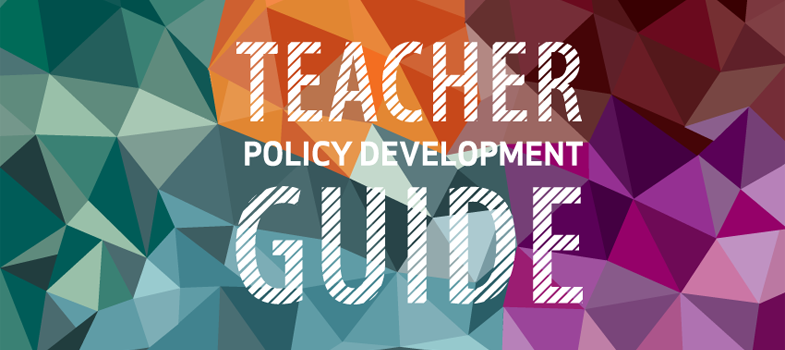5.1 Legislative process and approval
As Chapter 4 outlines (in the section on Phase 3 of the policy process), legislation to implement a teacher policy may or may not be required under a country’s political system, but implementing policy through national legislation adds another – potentially decisive – political dimension. In a democratic society, the national law is supreme in relation to the country’s constitution. Legislation is almost always accompanied by funding and administrative implementation measures that greatly enhance (but do not guarantee) the chances for a policy to be successfully implemented. As noted in Box 2.6, examples include the ‘No Child Left Behind’ legislation, adopted in 2001, and the ‘Race to the Top’ initiative in the United States, introduced as part of the economic stimulus legislation adopted in the wake of the 2008 financial crash. Given the federal nature of the United States, both programmes incorporated substantial financial incentives encouraging individual states and local school districts to follow the policy goals, based on strictly defined criteria and plans. Many states and local school districts developed plans to meet these policies’ criteria and secure the necessary federal grants, often focusing on teacher assessment and employment issues, as outlined in the ‘Race to the Top’ initiative. Recent reports reveal mixed implementation results, noting challenges such as too few resources, lack of communication and stakeholder involvement (see, among others, Baker, Oluwole, and Green, 2013; Boser, 2012; Weiss, 2013). Nevertheless, the political debates around the legislation and the efforts to comply with implementation incentives have given the policies much more visibility and influence than they would otherwise have had.
Planning and providing technical and legal support to a country’s legislative body to adopt a law(s) to implement a national teacher policy is not without costs, delays and potential setbacks. Box 4.5 describes the process and timeline for the adoption of India’s Right to Free Education Act, 2009. Including legal challenges, this policy was officially approved only in 2012, at the end of a ten-year process. The adoption of the legislation, and its reaffirmation in line with the country’s constitution, is a potentially powerful tool for education authorities and stakeholders to advance teacher policy in a country that engages nearly 15% of the world’s primary and secondary teachers, and needs an estimated 3 million more teachers by 2030 (UNESCO, 2014; UIS, 2014).
If legislation is the chosen policy implementation path, technical support from policy developers is essential at various stages: drafting legislation to include legal experts’ knowledge and input; responding to parliamentary enquiries (commissions/committees or direct responses to lawmakers or their aides); building relationships with political interest groups, including important stakeholders; lobbying legislators and the media; and refining the legislation or its implementation provisions post-adoption.
